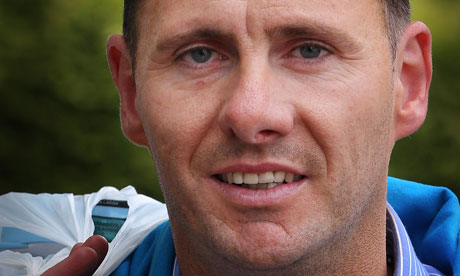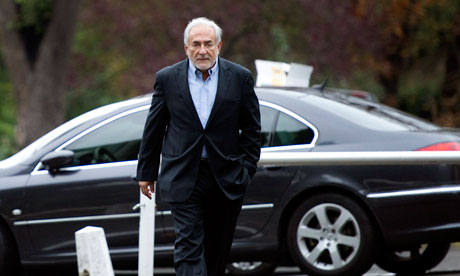THERESA May was fighting for her job last night after damning new documents fuelled the scandal of lax security at our borders.
Leaked emails showed that thousands of private jet passengers were allowed into the UK without going through immigration or customs.
They also revealed the Home Secretary relaxed checks at airports on at least 2,500 occasions this summer.
And the Mirror can reveal passport applications are being secretly subjected to a controversial new “postcode lottery” trial scheme.
The High Risk Applications scheme is based on fraud statistics. Staff were given a list of postcodes to check against every new passport application or renewal. Applicants in areas deemed to be higher risk face several weeks additional delay in getting their passports.
In London, the only areas which get virtually no checks are postcodes that begin with WC and EC – the most central and prosperous areas. Meanwhile applications from women aged 50 and over are often waved through.
A source said: “It’s a classic Tory policy, and it discriminates against those they deem to be living in ‘poor’ areas.
“The whole thing smacks of elitism and snobbery. A lot of people are very unhappy with the process.”
These revelations come on the day ousted Border Agency official Brodie Clark gives evidence to MPs on how he was pushed out by Mrs May.
Borders boss Brodie Clark
Labour yesterday released the leaked emails showing UK Border Agency staff were told NOT to check passengers arriving in the UK by private jets – at the instruction of the Home Office.
From March 2, 2011, anyone on a private charter did not have to show their passports and could avoid customs. Figures show there are between 80,000 to 90,000 private flights each year, carrying two to three passengers.
The emails show an unnamed official at Durham Tees Valley Airport warned the UK Border Agency that the policy was putting the UK’s security at risk.
He said that staff “continue to feel uneasy about an instruction that is at odds with national policy and is creating an unnecessary gap in border security which, if exploited by the unscrupulous, could bring the Agency into disrepute”.
He also warned there was no way of checking if the number of people arriving in the country was the same as they had been advised.
His manager at the UK Border Agency’s Border Force said the “no checks policy” was part of a “new national strategy”.
In a further blow to Mrs May, other leaked documents showed how Britain’s borders were abandoned on hundreds of occasions over summer.
The Home Secretary ordered a pilot scheme, which ran from July to October this year, under which Border Agency staff could relax checks on passengers. It meant people arriving from the European Economic Area did not have the biometric chip in their passport checked, while children under 18 could be waved through.
These “level 2 checks” were used on at least 2,600 occasions. The relaxed regime was used to speed up queues at immigration control.
According to an email from a Border Agency Border Force official, the checks were relaxed 100 times in the first week of the trial and more than 260 times in the sixth week.
We revealed last week that officials warned Mrs May the easing of border checks could lead to a rise in child trafficking.
Mrs May admits to bringing in the pilot scheme without informing MPs. But she claims that Mr Clark went further by extending it to include passengers from outside Europe.
Mr Clark, who resigned last week, denies he acted without ministerial authority. His testimony to the Commons select committee could prove very damaging to Mrs May.
Shadow Home Secretary Yvette Cooper said last night: “This is startling new information about the scale of the borders fiasco.
“Ten days on there are even more questions than answers about what on earth was going on at our borders.
“Last week the Home Secretary told us no one had been waived through without checks. But these documents show passengers on private flights weren’t even seen.
"Last week the Home Office wouldn’t admit to having figures about how often checks were downgraded. Now we know those figures exist and that checks were downgraded 260 times in one week alone.
“The Home Secretary needs to show she is capable of sorting this fiasco out rather than making it worse.”
Last night, the Home Office refused to comment on the trial.
The UKBA said: “It is not true that we don’t carry out passport and warnings checks on private flight passengers and will deploy officers to airfields where we have concerns.”



 Gaga may once again have offended the pious as she emerged as a decapitated corpse from a confession box, and that too with a crucifix in the background. No doubt the elaborate attire came off as she began to perform and came to a more natural avatar of fishnet stockings and a black lace bodice.
Gaga may once again have offended the pious as she emerged as a decapitated corpse from a confession box, and that too with a crucifix in the background. No doubt the elaborate attire came off as she began to perform and came to a more natural avatar of fishnet stockings and a black lace bodice.











